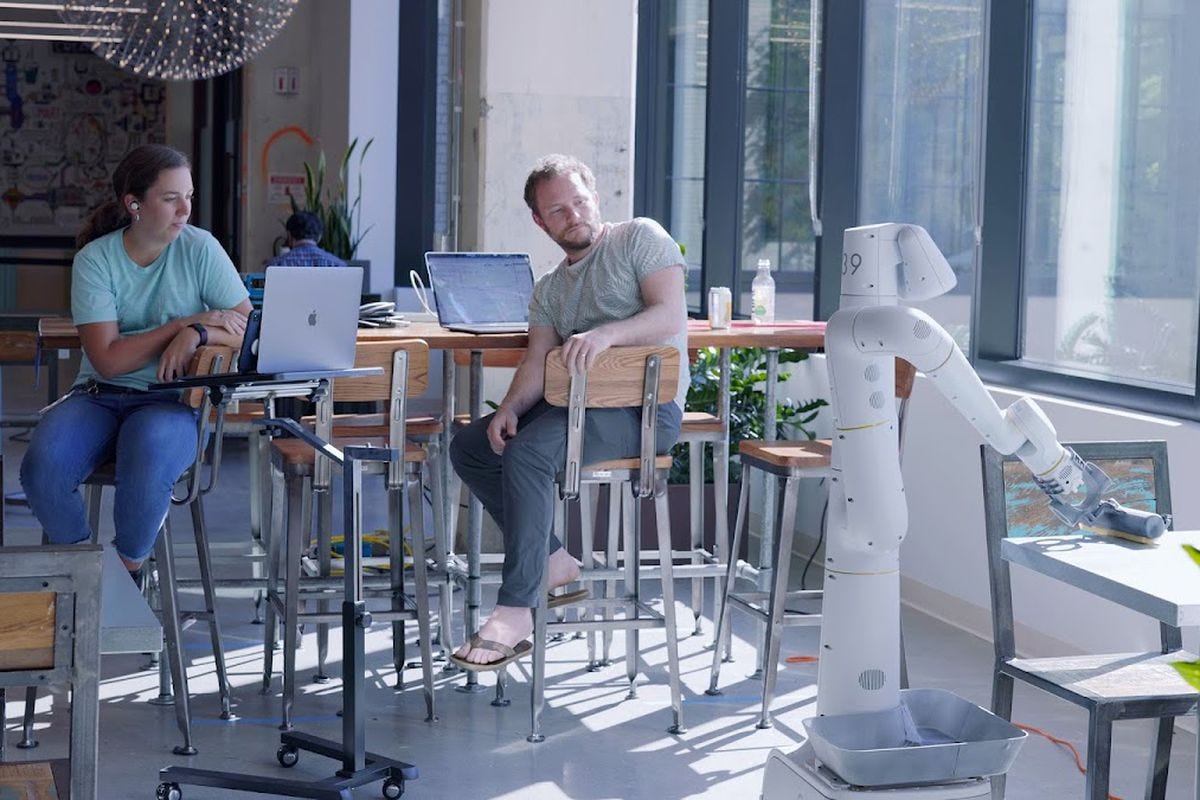Last Week in AI #143: Google has 100+ robots in its offices, an AI lie detector, multilingual beats bilingual translations
Everyday Robots deploys 100+ robots around Google offices to develop assistive robots, Utah company to sell AI lie detector, Meta open-sourced its multilingual AI translation system, and more!
Top News
Alphabet is putting its prototype robots to work cleaning up around Google’s offices
Alphabet has announced that its Everyday Robots Project team has been deploying its robots to carry out custodial tasks on Google’s Bay Area campuses. The team was started at Google X, a division within the company dedicated to ambitious moonshot projects, in 201…



